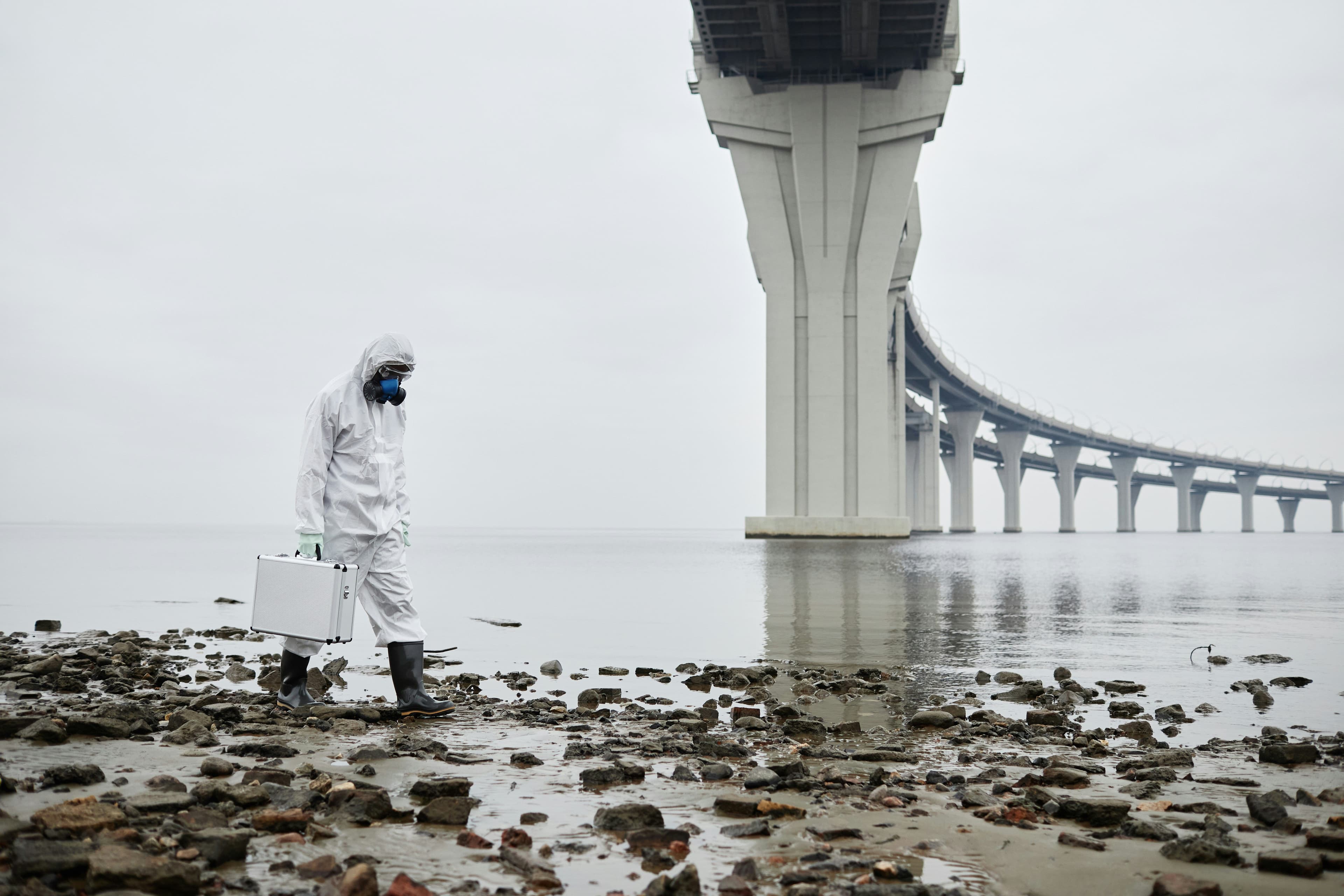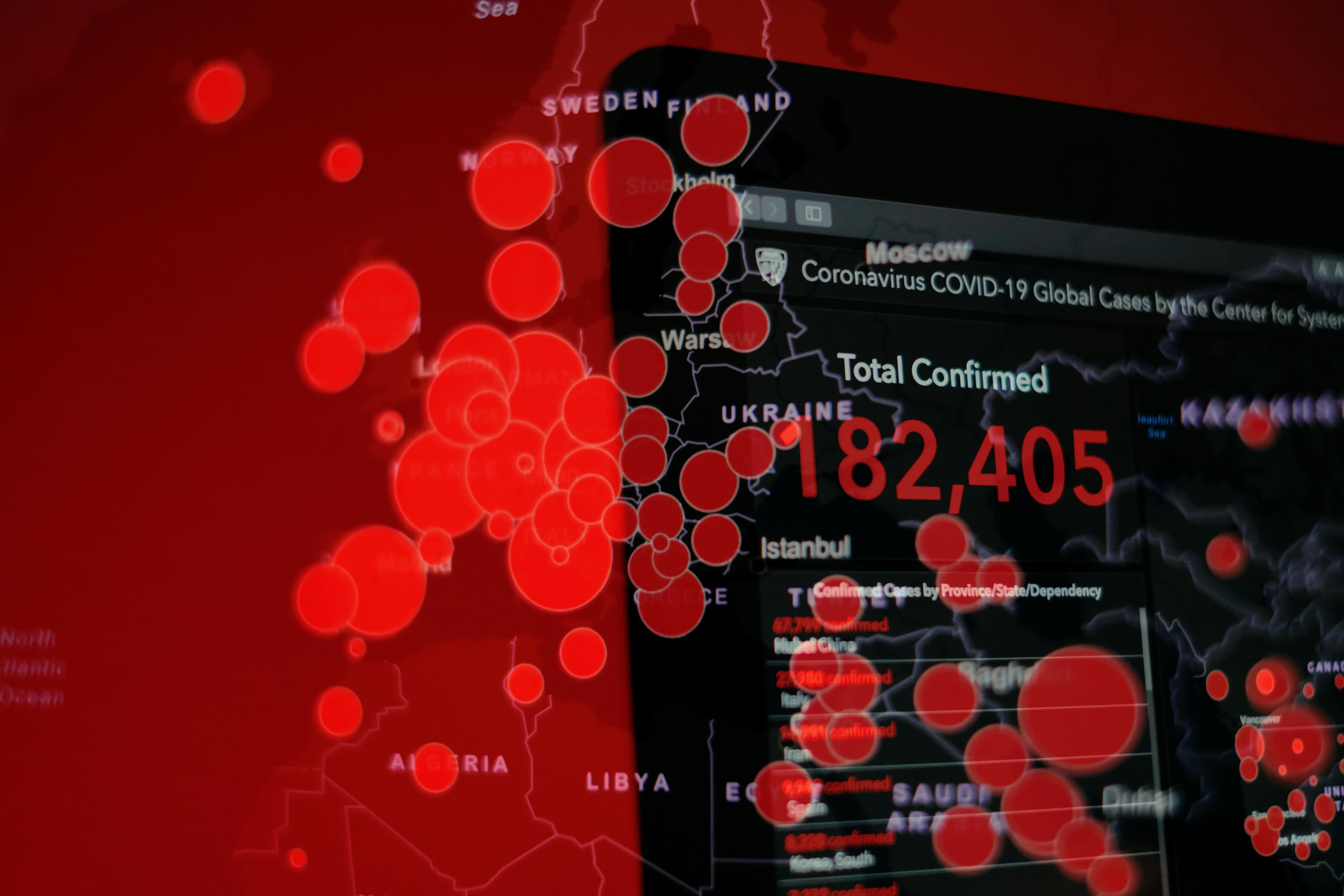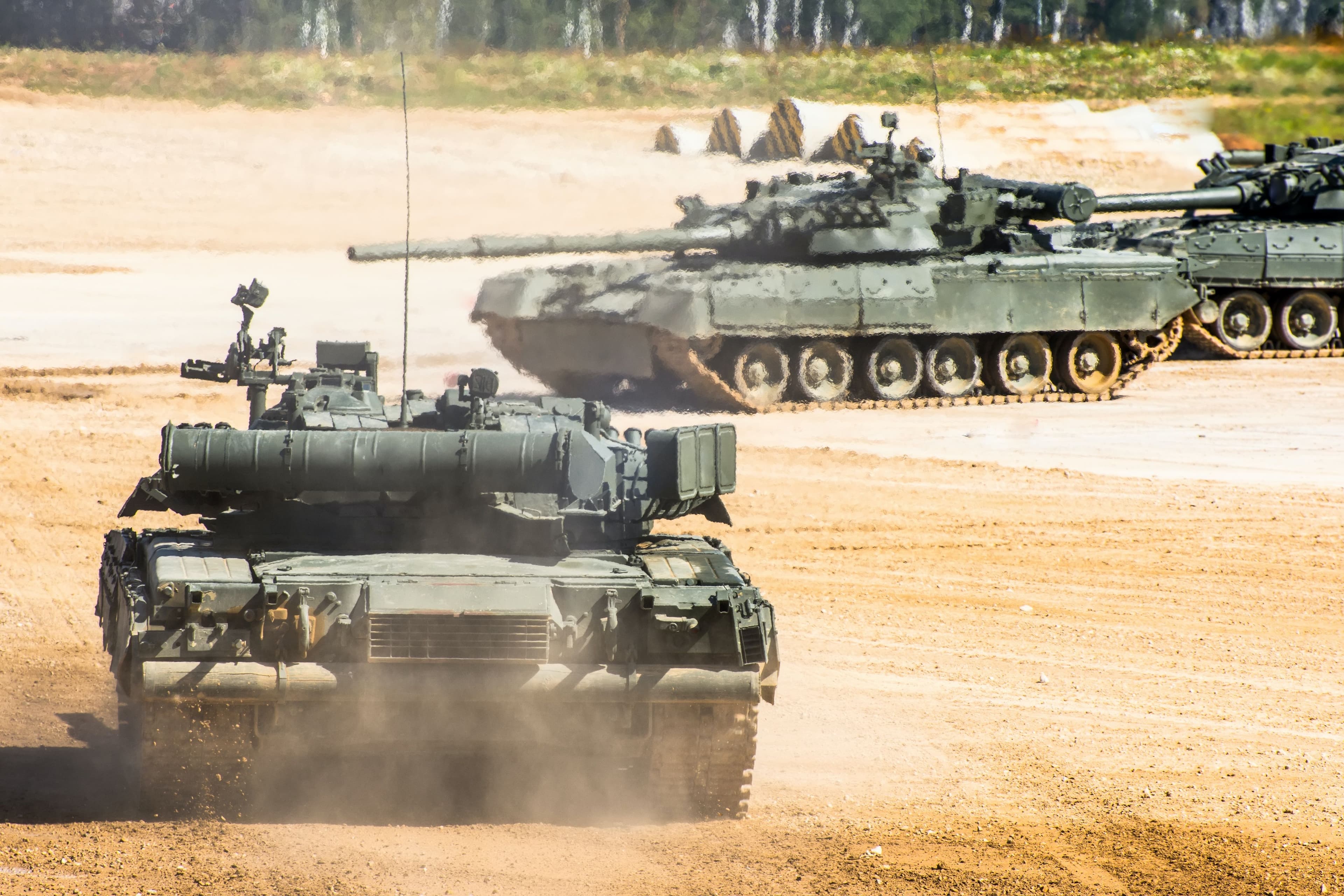
Spotlight on:
Global catastrophic risks
Our world is increasingly perilous, and we are not prepared. The biggest threats could be catastrophic, putting billions of lives, and even the survival of the human race, at risk.
Moving the needle in 2023
The Founders Pledge community granted $30.3M in total to charities tackling global risks, including $9.2M to the high-impact opportunities we recommend.

▲ Photo from Getty Images on Unsplash
We produced groundbreaking research on the risk landscape, sharing impact principles and guidance for philanthropists, who are essential to making meaningful progress against these threats.
We investigated catastrophic biological risks – these can emerge naturally (pandemics caused by viruses, bacteria and other biological agents), or be engineered (from accidental lab leaks to deliberate biological weapons and engineered pandemics) – and identified three new high-impact funding opportunities strengthening global biosecurity knowledge and practices.
We researched catastrophic nuclear risks and the rapidly shifting landscape – an uncertain new world with three nuclear superpowers and large investments in autonomous and AI-enabled weapons systems. We also shared a neglected approach to effective nuclear risk reduction strategies: interventions for after a nuclear strike occurs.
We looked into the efficacy of crisis-communication hotlines and highlighted what philanthropists can do if they’re interested in crisis management tools, including improving their resilience and funding Track II diplomatic dialogues.
We identified two new high-impact opportunities improving AI safety culture and discussions, including a time-sensitive one incubating multiple projects to influence and strengthen AI safety and practices within AI labs and big tech firms.
In its first year, the Global Catastrophic Risks Fund supported neglected interventions against a range of threats.
$534,688
Contributed by Founders Pledge members and the public in 2023
$322,170
Granted to high-impact recipients in 2023
$5,510,000
Grants we identified, evaluated and advised, which were deployed by external philanthropists outside the Fund
Interested in learning more? Check out the 2023 Fund Impact Report.
The Patient Philanthropy Fund, humanity’s emergency fund, continued building a strong foundation for the years to come.
2021
Year launched
£1,563,000
Contributed all time by Founders Pledge members and the public, including £242K in 2023
£1,695,000
Invested all time, inclusive of investment gains
We report on the Fund in GBP, the currency in which it is held and invested.
Interested in learning more? Check out the 2023 Fund Impact Report.
Stories of impact

▲ Photo by Brian McGowan on Unsplash

▲ Photo by Tasha Marie on Unsplash.

▲ Photo by Getty Images on Unsplash.